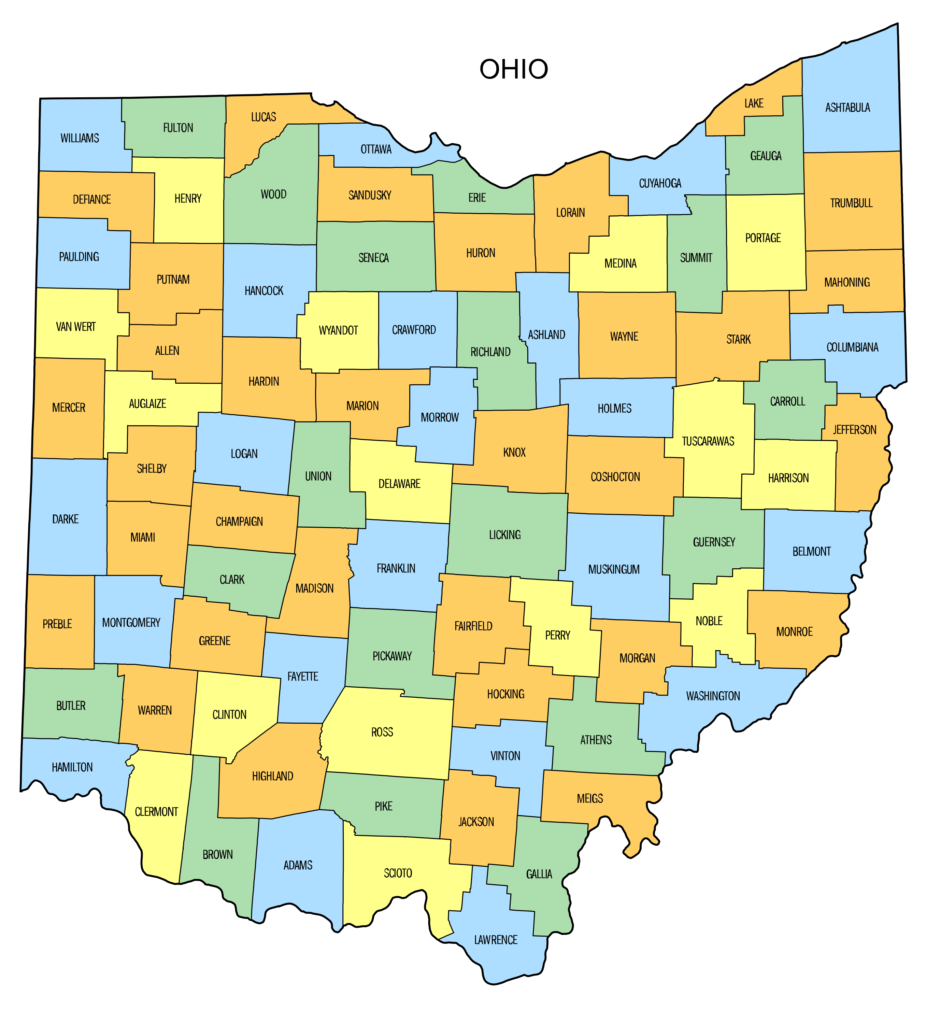Thirty-three year old physically healthy Dutch woman scheduled to die by Euthanasia
On April 25, 2024 an otherwise healthy Dutch woman will celebrate her 34th birthday by being euthanised. Jolanda Fun of North Brabant, the Netherlands, has […]
Thirty-three year old physically healthy Dutch woman scheduled to die by Euthanasia Read More »









